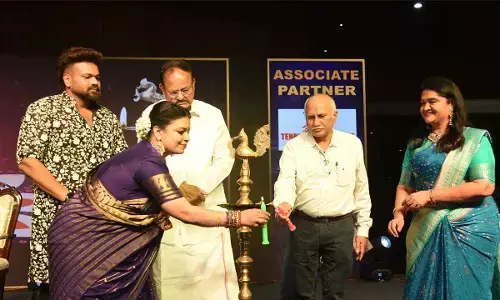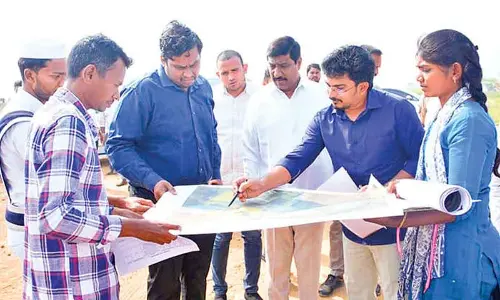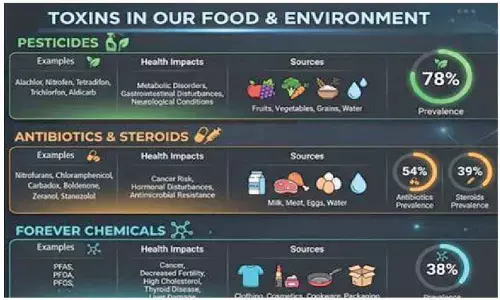Stop violence against women

Stop Violence Against Women, A Rape Case Every 20 Minutes, A Crime Committed Against Women. The International Day for the Elimination of Violence against Women and Children on November 25 and the ensuing 16 days of activism against gender violence is commemorated every year around the world to call attention to the urgent need to eliminate violence against women and children.
Not only is gender-based violence on the rise, it has taken on insidious forms that are justified in the name of faith, community and even development.
 The International Day for the Elimination of Violence against Women and Children on November 25 and the ensuing 16 days of activism against gender violence is commemorated every year around the world to call attention to the urgent need to eliminate violence against women and children.
The International Day for the Elimination of Violence against Women and Children on November 25 and the ensuing 16 days of activism against gender violence is commemorated every year around the world to call attention to the urgent need to eliminate violence against women and children.This day is observed by the United Nations every year to end this scourge. The date marks the brutal assassination in 1960, of the three Mirabel Sisters, political activists in the Dominican Republic. As part of this commemoration, the theme for this year is "Orange the world in 16 days". Orange, a positive power colour - a blend of red and yellow - means joy and creativity.
It indicates vitality and endurance, symbolic for a woman, aptly chosen to represent the movement to eliminate violence against women and children.
Unfortunately, violence against women has become an accepted norm, especially in the developing countries. To quote Desmond Tutu, “When it comes to violence against women, early marriage is the most harmful and widespread practice, which fundamentally violates a girl's right to determine her own future".
One in three girls in the developing countries will be married before the age of eighteen. Globally, nearly half of 15 to 19 year olds believe that the husband is justified in beating the wife under certain circumstances.
Not only is gender-based violence on the rise, it has taken on insidious forms that are justified in the name of faith, community and even development. From shooting at the education youth activist, Malala Yousufzai in Pakistan, the illegal confinement of the three female domestic helps in London, to the gang rapes in India, these happenings underscore a grave human rights violation that more often than not goes unseen and unreported.
In India, according to many studies, at present, there is:
A crime committed against women every two minutes
A molestation case every 10 minutes
A sexual harassment case every 30 minutes
A kidnapping and abduction case every 30 minutes
A rape case every 20 minutes
All these are the estimations basing on certain surveys only. Shocking as these figures are, they are actually a gross underestimation of the actual situation because crimes against women are highly under-reported. In India, 586,469,174 are female according to the 2011 population census. Even if a half of them experience sexual harassment just once a year, and report it, the figure would be staggering. The child sex ratio (0 to 6years) is only 914 females per 1,000 males which may be attributed mainly to the rampant female foeticide.
This is a shame in a country like India where the 'woman' is worshiped in different forms - the Goddess Lakshmi, Saraswathi, Gayatri, Durga, Kali, Pochamma, Mysamma and many more. Nearly 95 per cent females feel that public places are unsafe. Nearly 73 per cent feel unsafe in their own surroundings.
The United Nations Declaration on the Elimination of Violence against Women (DEVAW) defines violence against women (VAW) as: “Any act of gender-based violence that results in, or is likely to result in, physical, sexual or psychological harm or suffering to women, including threats of such acts, coercion or arbitrary deprivation of liberty, whether occurring in public or in private life.” (DEVAW, Article 1).
VAW may be psychological, physical, sexual, financial and spiritual abuse, domestic or in public places in different forms and intensity. There are many laws in place to protect women and girls from violence. The Government and the Law have woken from their slumber and are making an effort to impart timely justice after the Nirbhaya case.
These dates were chosen - November 25: International Day Against Violence Against Women, and December 10: International Human Rights Day - in order to symbolically link violence against women and human rights and to emphasise that such violence is a violation of human rights also; involving men in the movement to end violence against women; focusing on men’s roles and responsibilities. Emphasis on men as part of the solution to combat violence against women has gained increased attention in the last several years.
This 16 days period also highlights other significant dates including November 29th - International Women Human rights Defenders Day, December 1st - World AIDS Day and December 6th that marks the anniversary of the Montreal massacre. This campaign has been used as an organising strategy by individuals and groups around the world to call for the elimination of all forms of violence against women by raising awareness about gender-based violence as a human rights issue at the local, national and international levels.
To quote the Father of our Nation, "VAM is never acceptable, never excusable and never inevitable.” Men and women are born equal. It is the social and psychological conditioning that leads to a patriarchal society. We can change that by respecting the differences that make life beautiful. Peace begins at home. Let us teach our sons to respect women. Women's rights are human rights. Let us say No to violence against women and children and safeguard them. Now, the 25th of every month is observed as The Orange Day by the United Nations to highlight efforts to prevent and end violence against women and children. Let us break the silence, know the law, build solidarity by wearing Orange and joining the Orange campaign, connect with women's rights groups and demand to know our rights as women and mark the sixteen days of Activism against Gender Violence.
Next Story








